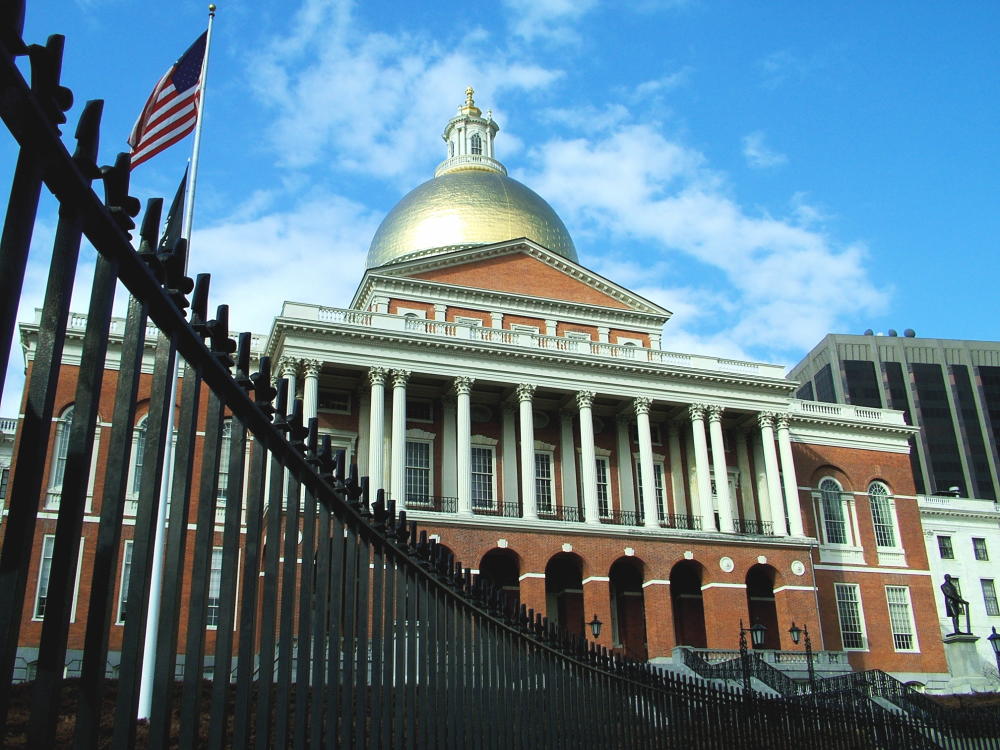In addition to producing a senator-elect, the week ahead may lead to a potential new wave of special legislative elections and will bring recommendations for K-12 public education financing and a major new effort to get residents signed up for health insurance. Meantime, the Legislature limps into November, with just over two weeks before their next extended recess, without much to show as far as accomplishments this fall. Lawmakers have talked about the need to address opioid addiction, transgender rights, energy solutions, transportation services regulation, and public records reform but made little progress, and it appears completed laws on some if not all of those topics may have to wait until 2016. Aside from work on those major issues, House members have also been reluctant to take up many of the bills, including those concerning local affairs, that have won committee approvals and made it onto the session calendar. While the Senate regularly takes up each bill on its calendar, the House routinely skips past scores of bills that are ready for consideration by that body.
The major bills that have made it through the chambers and won Governor Charlie Baker’s signature this session have primarily dealt with transportation reform and the state budget, including a budget rebalancing bill and a bill spending surplus funds and shoring up fiscal 2015 accounts that were underfunded. The House and Senate have until November 18th to see if they can rally momentum behind any other major proposals, mindful that bills carry over in their current position from the first to second year of the session, which starts in January and features formal sessions through July. The Senate has approved a bill aimed at preventing opioid abuse and attached a solar power bill to climate change adaptation legislation. The House this week floated ideas for its own solar energy bill, which differs significantly from the Senate-approved proposal.
Click on the audio link above to hear a conversation between State House News Service reporter Matt Murphy and NEPR’s Henry Epp.
